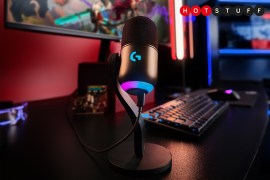Polk Assist review – in pictures
Google Assistant smarts are let down by average sound quality
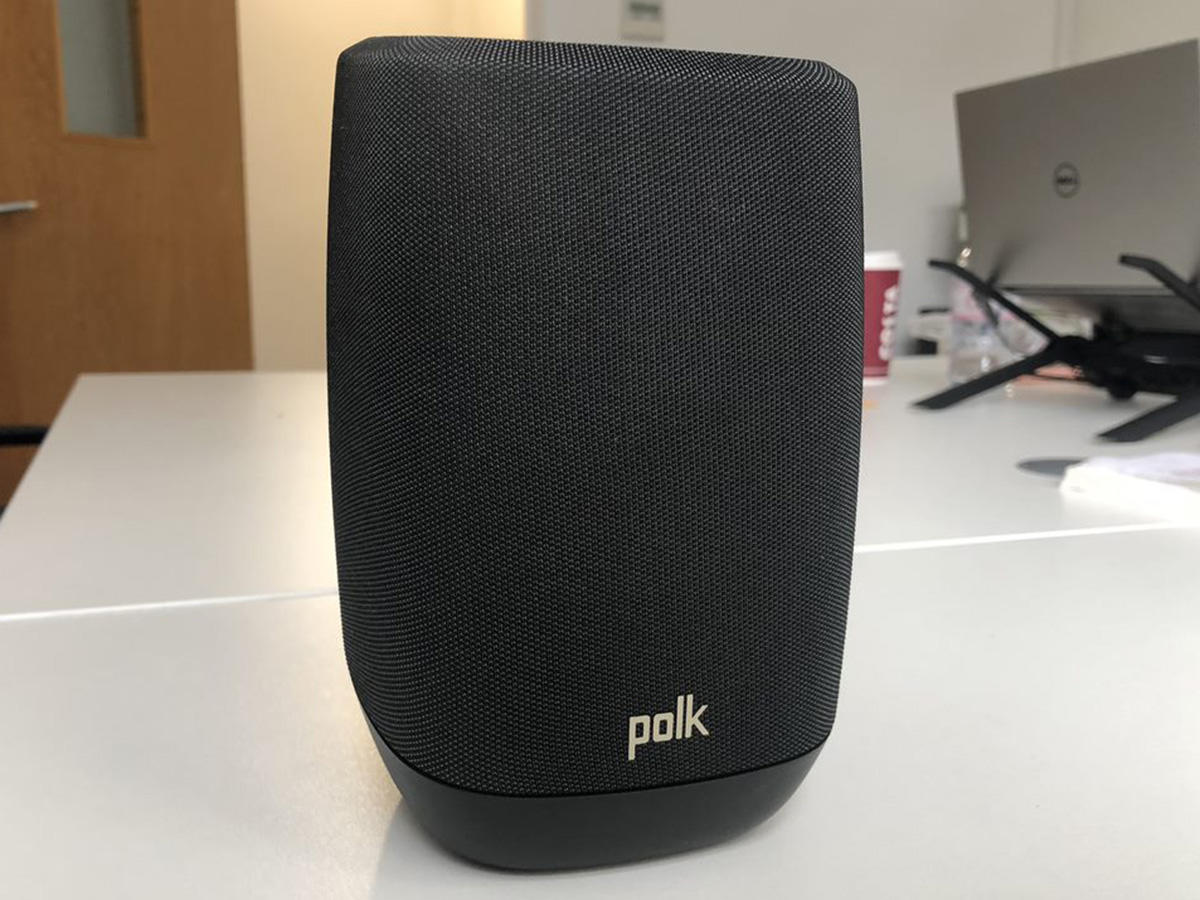
ONE TRICKY PONY
The Polk Assist is a small bookshelf-sized speaker designed to play music wirelessly, and nothing else. You set it up using the Google Home app and then use your voice to do everything, from playing music to adding calendar appointments and asking for a flash briefing. Sadly, it falls way below the audio quality and features of its nearest competitor, the Sonos One. Matched side-by-side, and is most noticeably lacking in the bass levels we’ve come to expect from Sonos’ smart speaker, but it also doesn’t have an app that allows you to collectively add music from various different music sources. This means that unless you’re a Google Assistant die-hard, the Sonos One is the better speaker to go for.
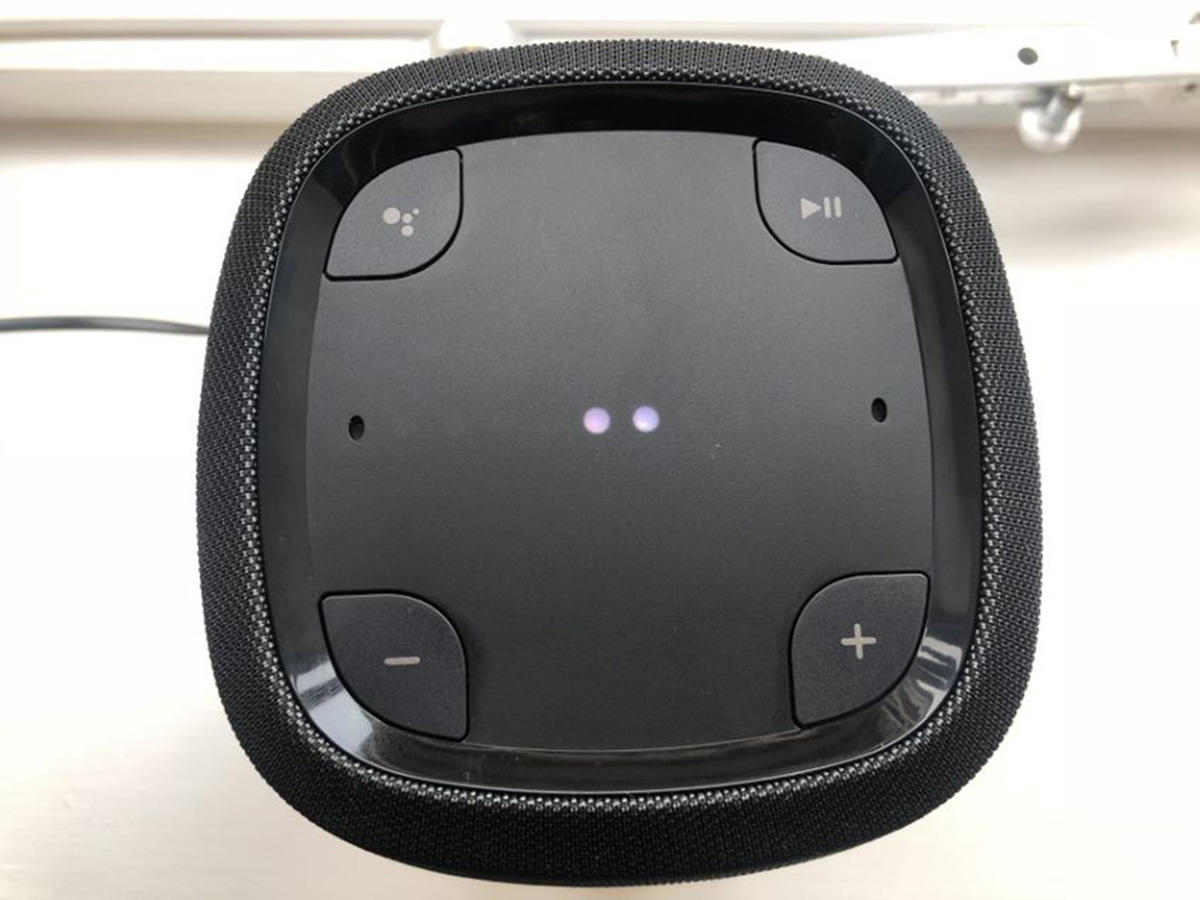
SLEEK BUT CHEAP
The Polk Assist is compact enough that it will go pretty much anywhere without taking over, such as a window ledge or a bedside table. We particularly like the sloped top, which makes it easy to see the buttons even when the device is on a high shelf.r. That said, the four physical buttons on top feel cheap and plasticky and make a loud click when you touch them. The white LCDs on top also look a bit naff, and for some reason the microphone mute button is located around the rear of the product, which makes it fiddly to locate without physically moving the speaker.
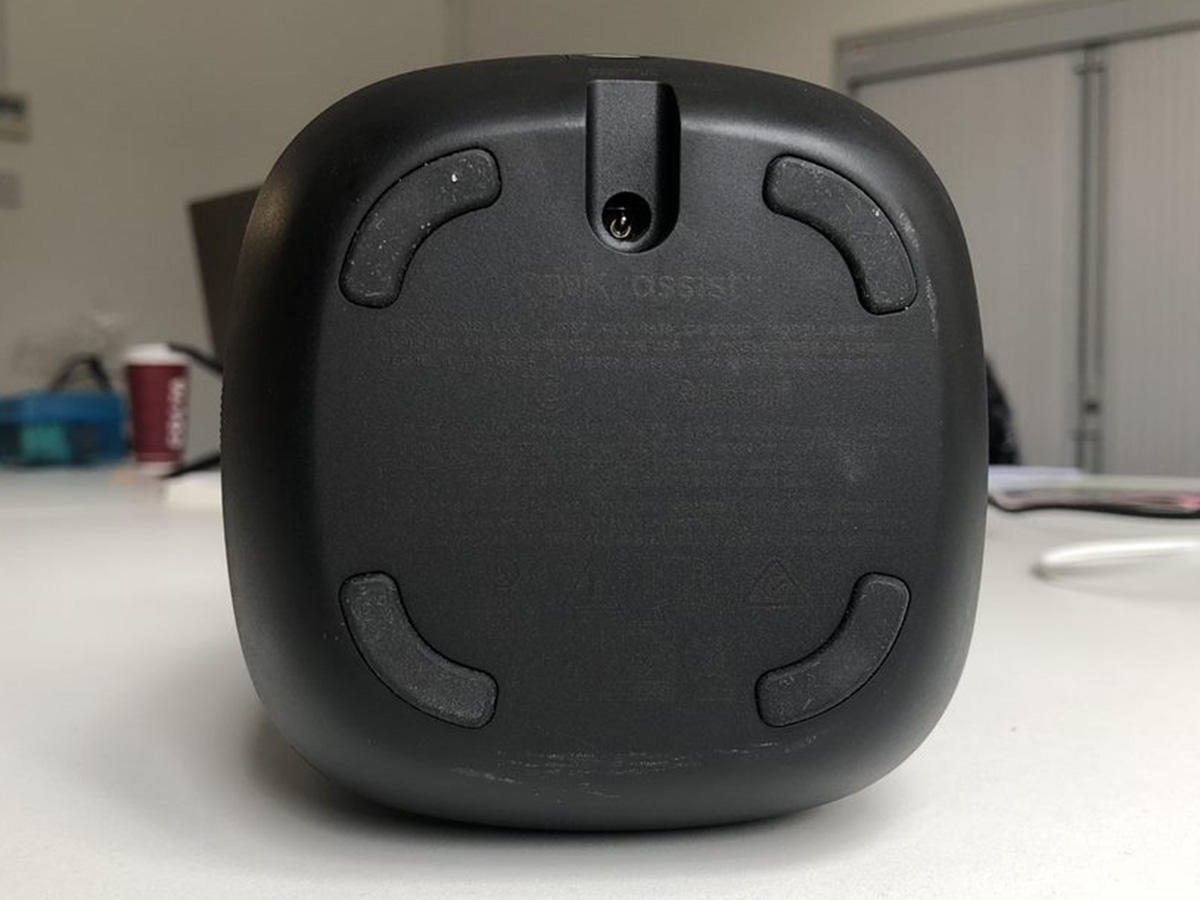
HELPING HAND
The highlight of the Polk Assist is that it’s one of the few smart speakers on the market right now to feature Google Assistant rather than Amazon Alexa, but whether that’s a good thing or not will probably depend on which assistant you’re used to. If you’re a Google Android user and have gotten used to speaking to the Assistant, then you’ll have no trouble at all with the Polk Assist. But if you’re heavily into the Amazon ecosystem and regularly use Alexa to order from Amazon or play music from Amazon Music, then you’re probably better off sticking with Alexa.
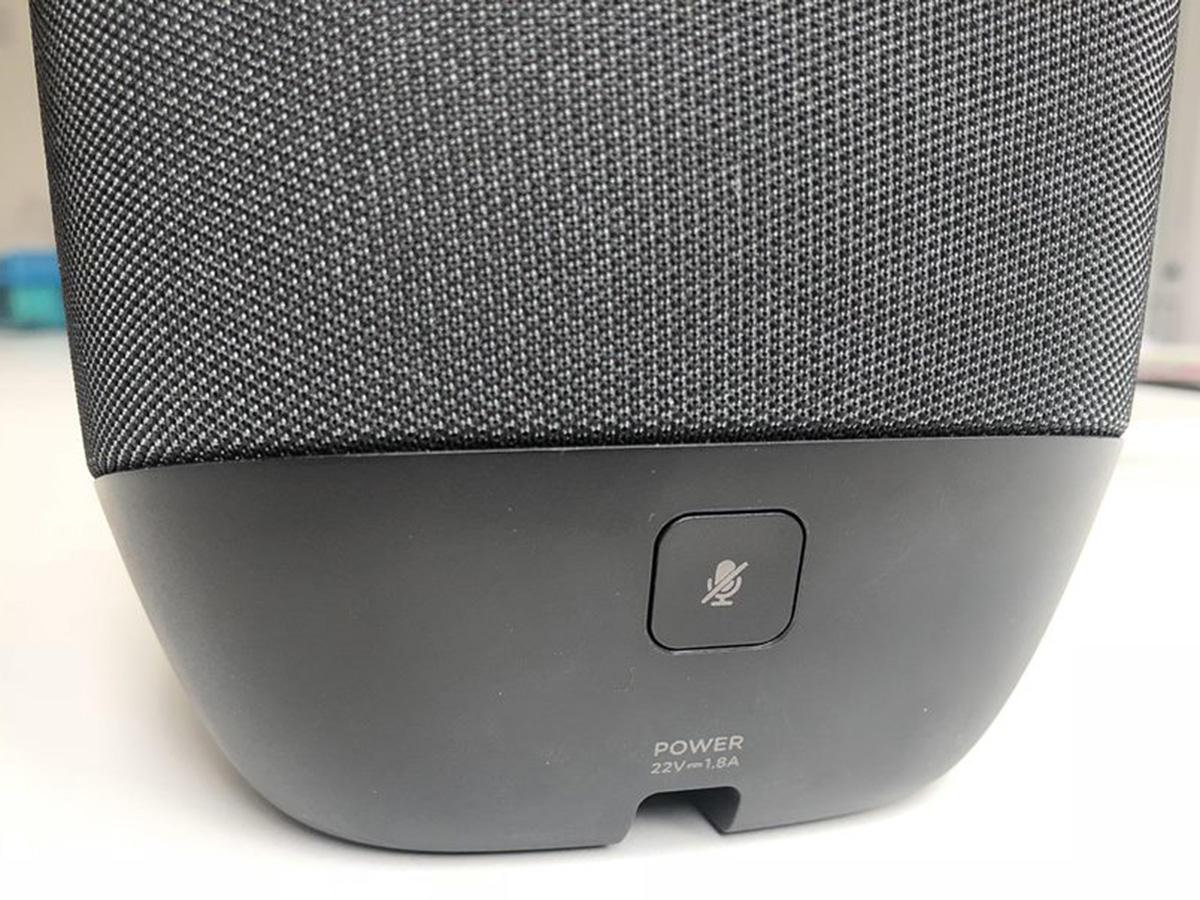
PLAYS WELL WITH OTHERS
On the music side, Polk Assist supports Spotify, Google Play Music and TuneIn radio — simply log in once and then you can ask Google to play music or a radio station. The good news is that the Polk Assist will work with the free tier of Spotify, so you can always play music using just your voice. However, if you’re a subscriber to another service such as Tidal or Apple Music, you’ll have to either use Bluetooth or Chromecast via your phone, which obviously isn’t quite as seamless. In terms of home automation, Google Assistant now works with most of the major smart home brands. In my home, I have Hive heating, an Nvidia Shield TV box and Philips Hue lights, and Google Assistant was able to find and control them all.
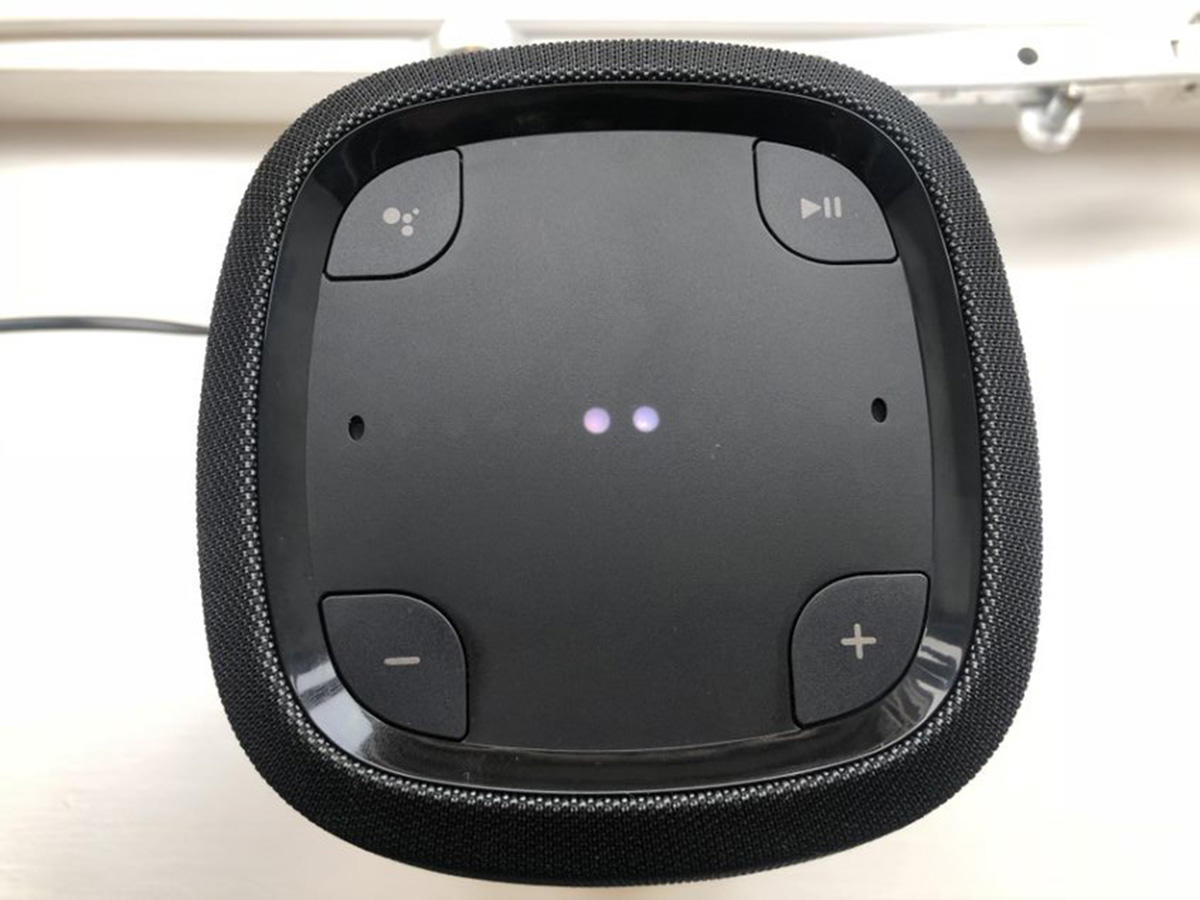
MUSICAL MALADY
The biggest issue with the Polk Assist is audio quality. The Polk Assist retails for £179 while the Sonos One retails for £199 – practically the same price when you’re shopping online or in-store. The Sonos One sounds great. Not as good as the Apple Homepod, but very good for a compact speaker. Sadly, the Polk Assist just doesn’t have the same presence, particularly in the bass, where it really fails to impress. Unlike the Sonos One, you can’t pair two Polk Assists to create a stereo sound stage. In the real world, few people probably actually do this with their smart speakers, but it would have been a good option for the Polk, as it struggles to fill a room on its own.
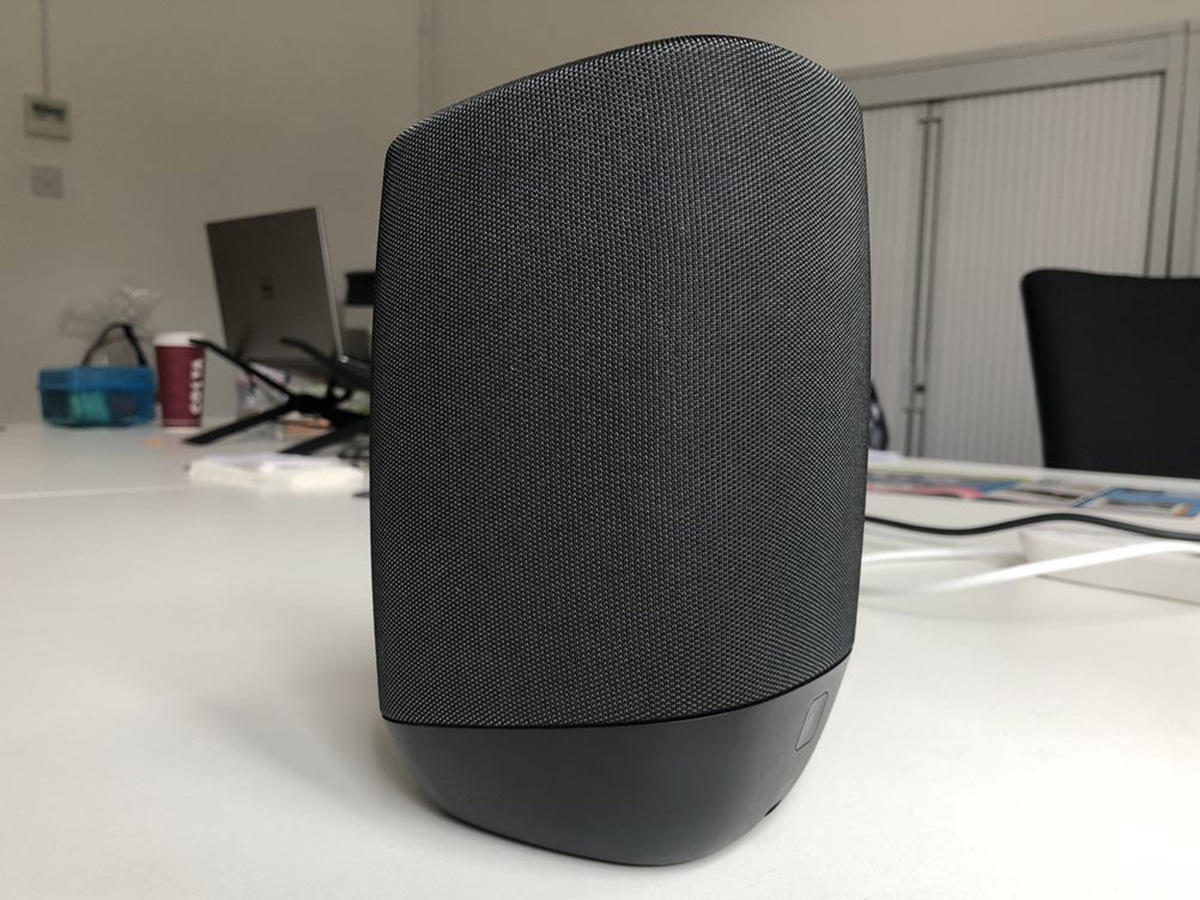
GOOD LISTENER
Overall, we were unable to get the same sort of room-filling sound in our office that we’re used to from the Sonos One. Things get worse at high volume levels – crank up the volume and the audio output actually becomes quite painful on the ears, whereas it always remains clear and crisp on the Sonos One. Thankfully, the Polk Assist performs much better on the listening side, with its two microphones picking up on the “OK, Google” command from way across the room.
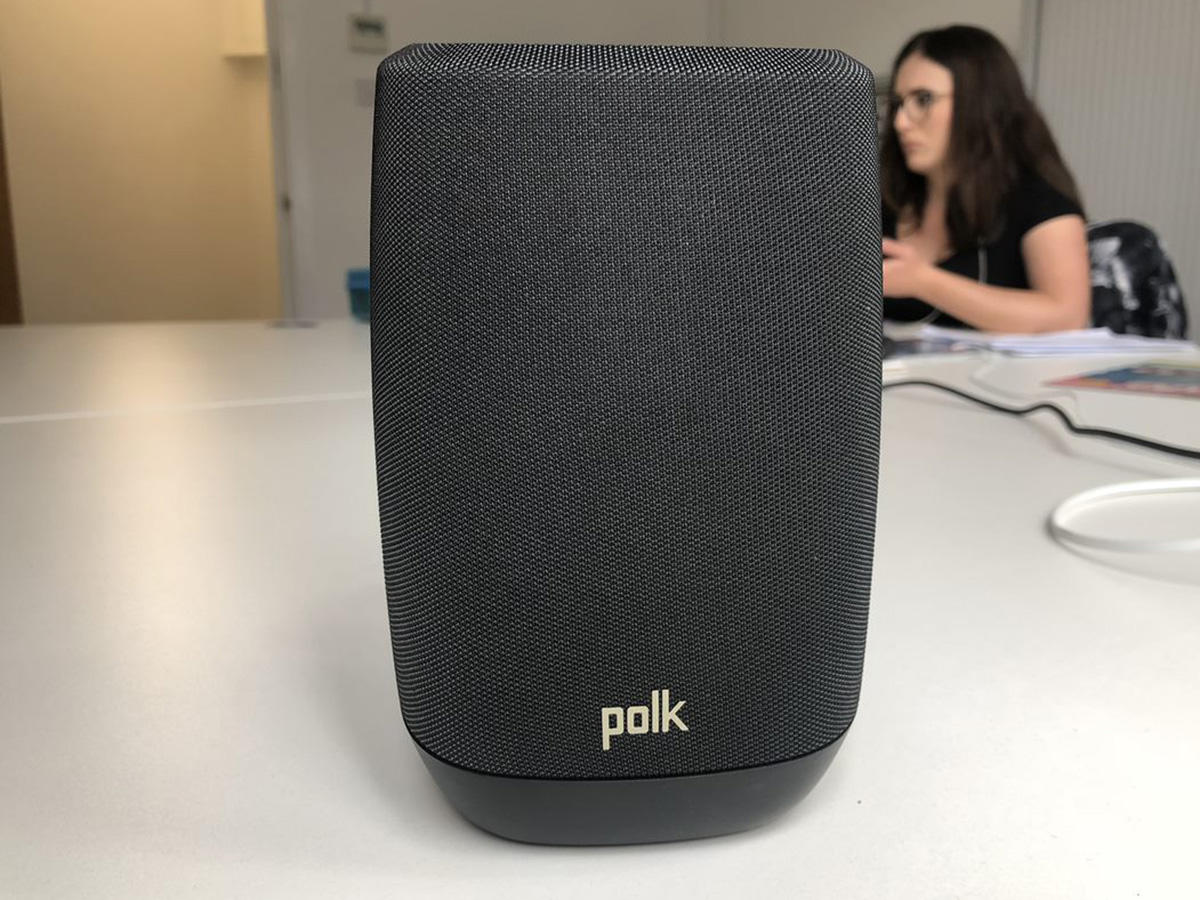
POLK ASSIST VERDICT
Polk’s Assist has a lot going for it — mainly the fact that it’s a third-party Google Assistant-powered smart speaker in a market swamped with Alexa-based devices. But ultimately, the sound quality lets it down when compared to other similarly-priced smart speakers, namely the Sonos One. Sonos’ product may not yet feature Google Assistant, but we’ve been promised it’s on the way, and teased that it may even be rolled out before the end of 2018. If you’re deep into the Google ecosystem, then there’s no doubt the Polk Assist is better than Google’s own Home speaker. But judged against the Sonos One, the Polk Assist just doesn’t offer the audio quality you’d expect.

